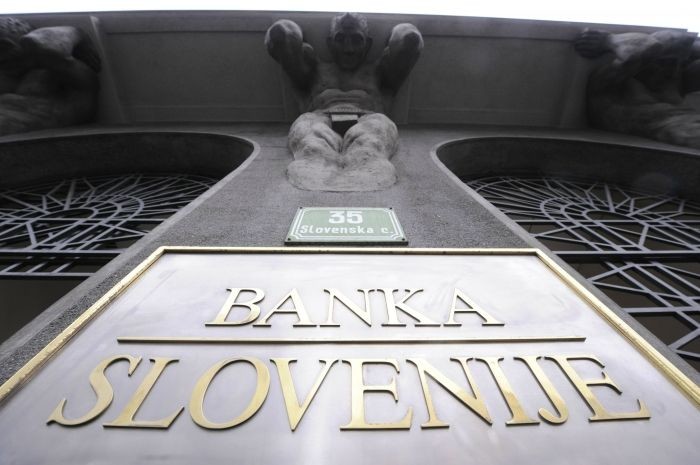MPs Endorse Law Establishing a Bank Resolution Fund
Published on 18 december 2014Central bank vice-governor Janez Fabijan told the MPs that the main objective of the law was to shield taxpayers from having to foot the bill if banks run into trouble.
"The intention is that taxpayer money is no longer used for this," he said at today's session of parliament.
Asked by several opposition MPs why the government was in such a hurry to establish the fund, Finance Ministry State Secretary Metod Dragonja said that the deadline for transposition of the relevant EU directive was the beginning of 2015.
"This is a buffer for possible problems in small banks, not in systemic banks, in order to protect the budget," he said, noting that the EU directive will be implemented in full with the new banking act, which was confirmed by the government today.
The bank resolution fund, endorsed in a 53-14 vote, would become operational as of 2015 and financed with a 2.3% levy on bank deposits.
Considering the scope of deposits, it is projected to gradually have about EUR 195m in direct funding and EUR 150m in guarantees.
The fund will be managed by the central bank and will be put into action in the event of extraordinary central bank measures such as a bank wind-down.
The opposition believes that the government is rushing with establishing the fund as the results of recent stress tests have shown that Slovenian banks are still in a bad shape despite the EUR 3.5bn bailout at the end of 2013.
But Fabijan disagreed, saying that deposits were increasing and that trust in the banking system was being restored. It is true that the credit crunch has not been eliminated yet, but a lot has already been done in this field, he added.
Marko Pogačnik of the opposition Democrats (SDS) described the law as "harmful, deficient and with numerous legal loopholes", saying that its fast-tracking would prove harmful for the banking system and taxpayers.
Luka Mesec of the United Left (ZL) said that the ZL deputy group did not support the law as it expands the powers of the central bank, which will create a conflict of interest.
What is more, the central bank, which "did nothing at all in the gambling period between 2006 and 2008", will not be accountable to any democratically elected body, Mesec added.
Jožef Horvat of the New Slovenia (NSi) said that the party supports the idea, but not the implementation, as such an important matter should be put in a systemic law. According to him, the key problem in Slovenia is that banks had not been timely privatised.
Source: SloveniaTimes
Photo sources: Rtvslo, Capecoral


